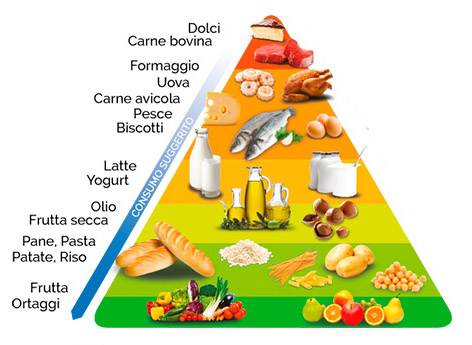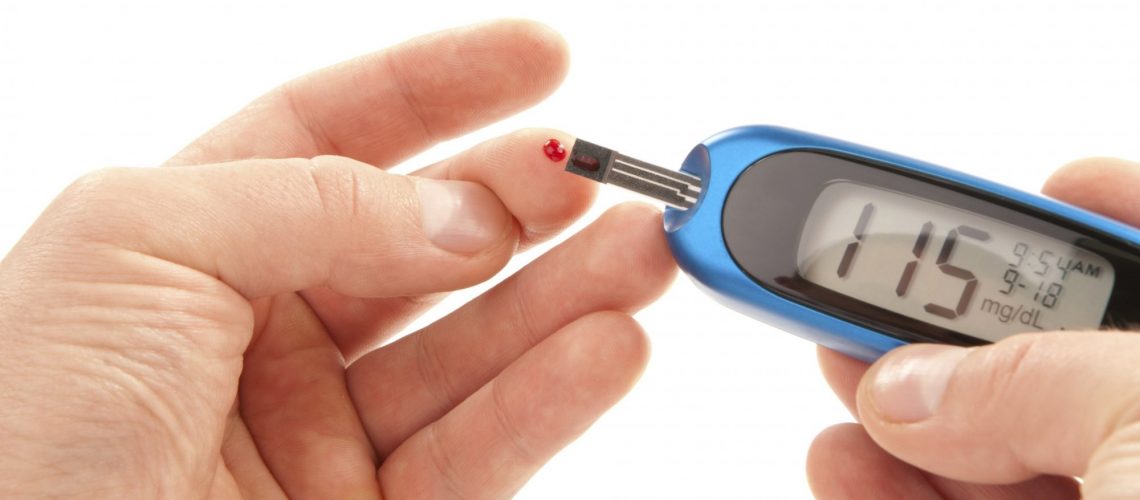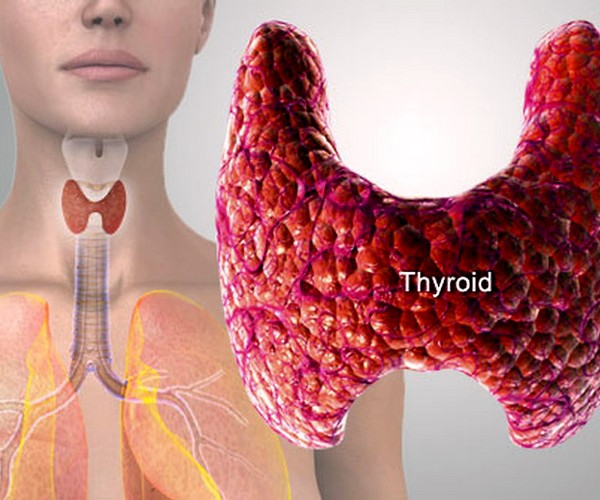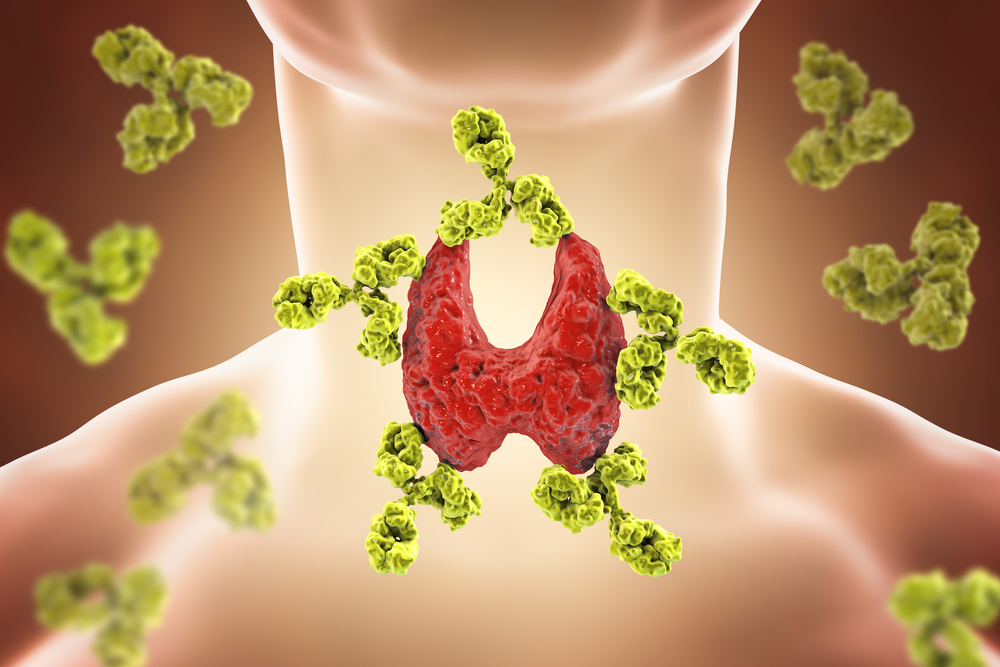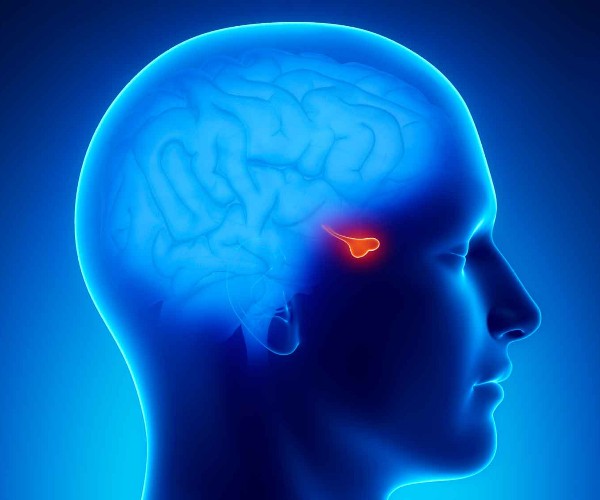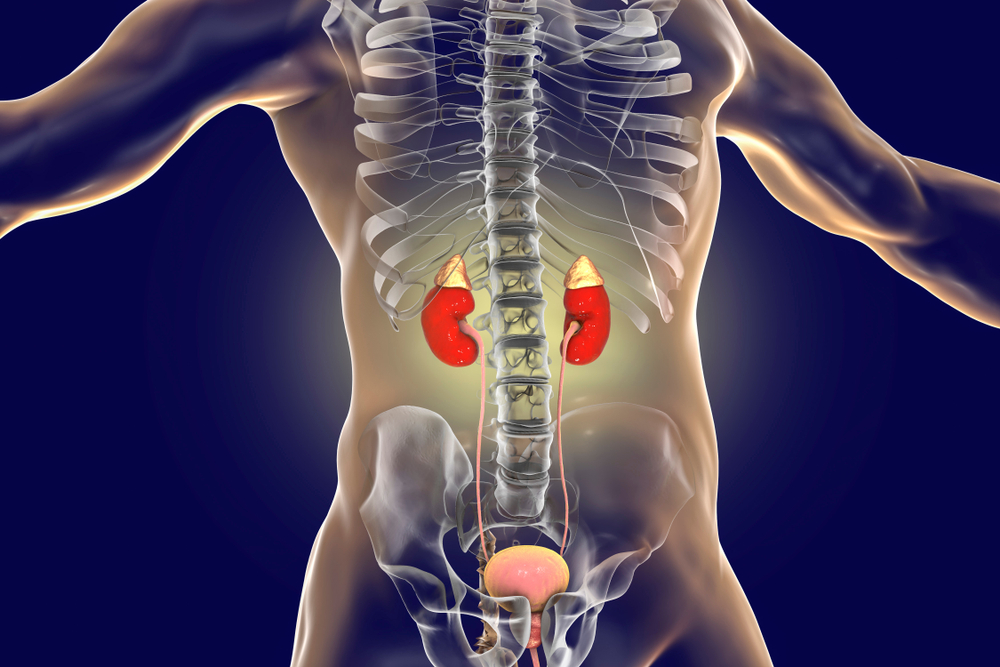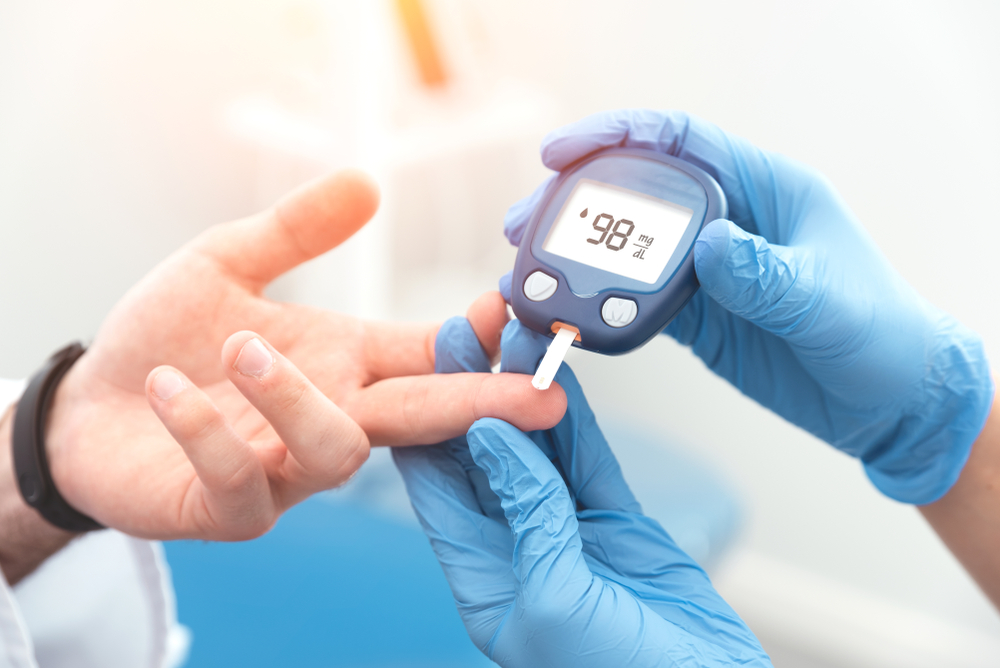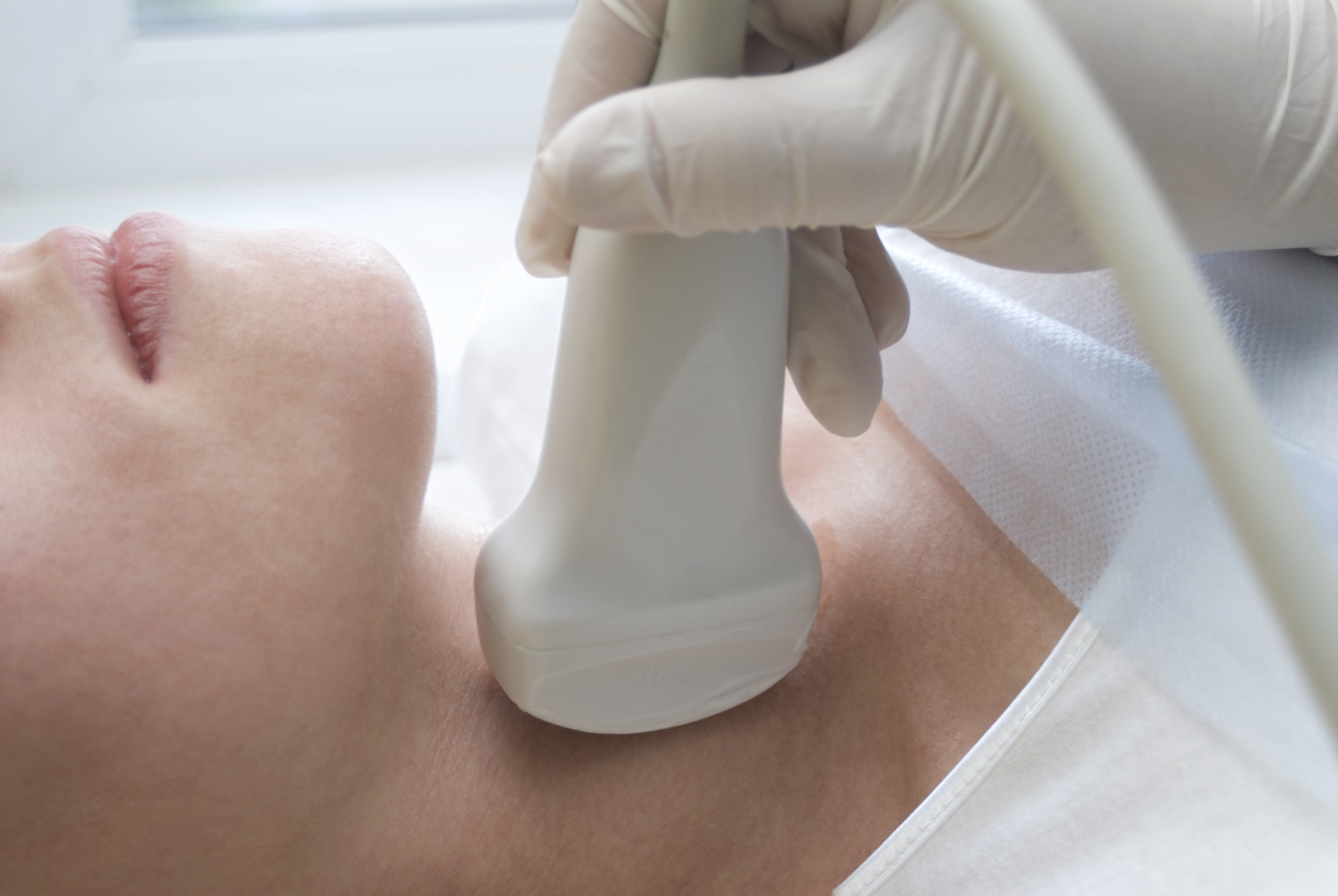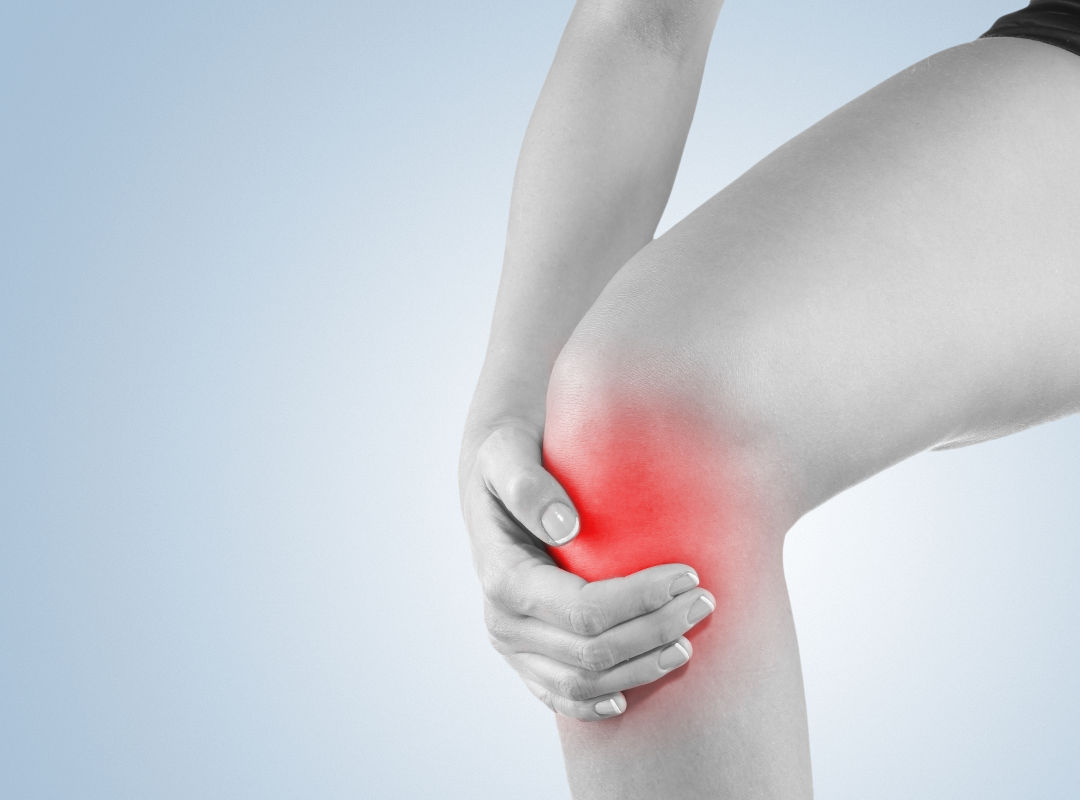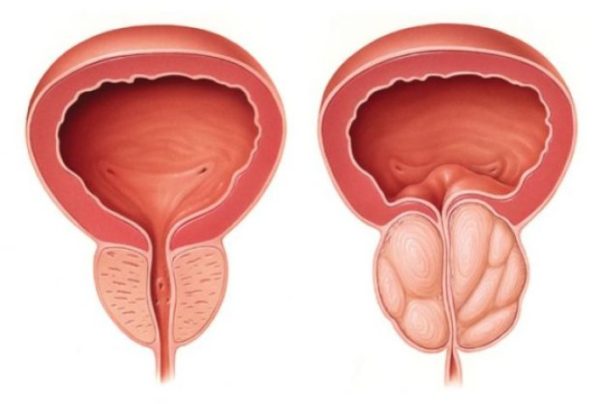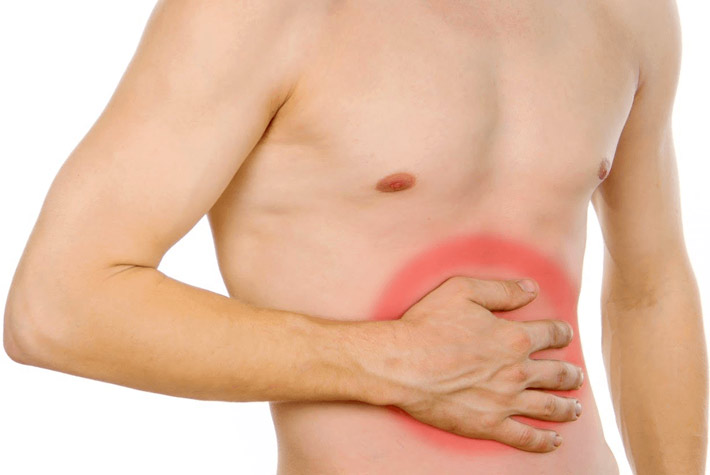Diabetes-which, for accuracy, should be referred to as “diabetes mellitus”-is a complex disease in which there is an increase in blood glucose levels due to a deficit in the amount and, often, in the biological effectiveness ofinsulin, the hormone that controls blood glucose and is produced by the pancreas. It is a very common condition: about 3 million people in Italy have been diagnosed with diabetes, and, in addition, it is estimated that another 1.5 million have the disease without knowing it. Internationally recognized, the new classification of diabetes drawn up in 1997 divides diabetes into three main types:
- Type 1 diabetes mellitus = Includes almost all immune-mediated forms of diabetes; here the underlying cause is a malfunction of the immune system, which, recognizing “pancreatic beta cells “of the so-called islets of Langerhans as foreign, attacks and destroys them.
- Type 2 diabetes mellitus = This includes all forms of diabetes, due to a deficit in insulin secretion, by the pancreatic beta cells of the islets of Langerhans, and a resistance of the body tissues to the action of insulin (insulin resistance).
- Gestational diabetes = As it was in the old classification, this includes forms of diabetes secondary to the state of pregnancy. Generally, it is a transient phenomenon.
Disorders and symptoms of diabetes
In the vast majority of cases, the disease gives no discomfort. If these are present they are intense thirst (polydipsia), need to urinate often with copious urine (polyuria), and fatigue (asthenia). In type 1 diabetes there is often weight loss, and the onset of the disease can be abrupt with noticeable malaise, drowsiness, and acetone odor on the breath. In contrast, in type 2 diabetes the diagnosis is often made in a person who is basically well at laboratory tests (check up) or during investigations or hospitalization for another disease (casual diagnosis).
Risk factors
In type 1 diabetes:
- First-degree relatives (parents, siblings) with type 1 diabetes;
- Autoimmune diseases (such as thyroiditis, rheumatoid arthritis, celiac disease, vitiligo);
- Autoimmune diseases among first-degree relatives
In type 2 diabetes these are the main ones:
- First-degree relatives with type 2 diabetes;
- Suboptimal blood glucose or HbA1c;
- Previous gestational diabetes;
- Excess body weight;ssedentariness;
- Overfeeding;
- Smoking;
- Hypertension;
- Low HDL cholesterol;
- Elevated triglycerides;
- Advanced age.
Care
The treatment program should include periodic medical visits from one’s general practitioner and diabetes specialist, according to an individually agreed protocol that takes into account the patient’s clinical characteristics. The treatment program should include periodic screening and staging for any chronic complications of the disease, with certain tests repeated at preestablished intervals.










